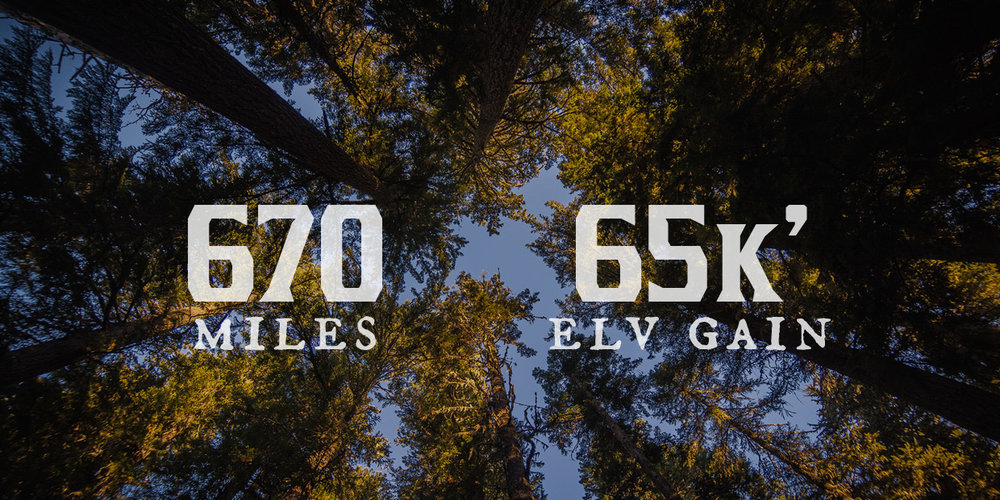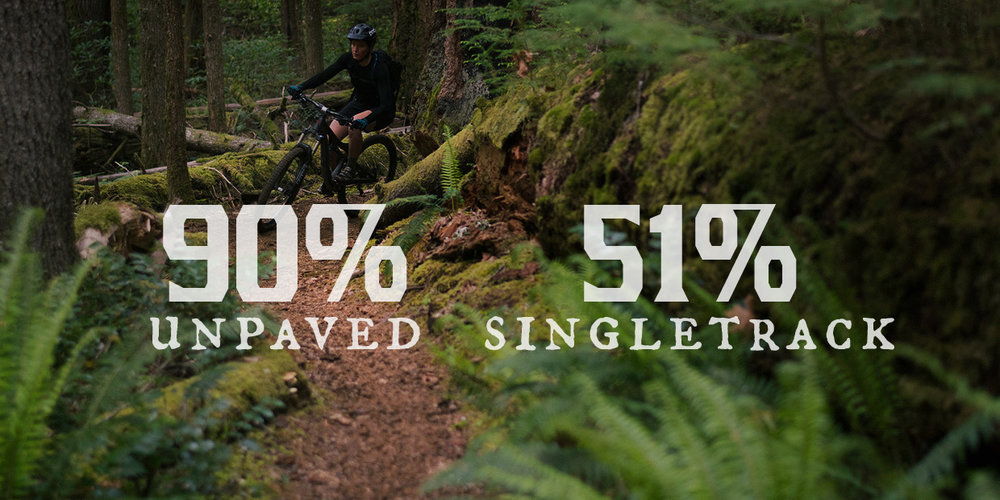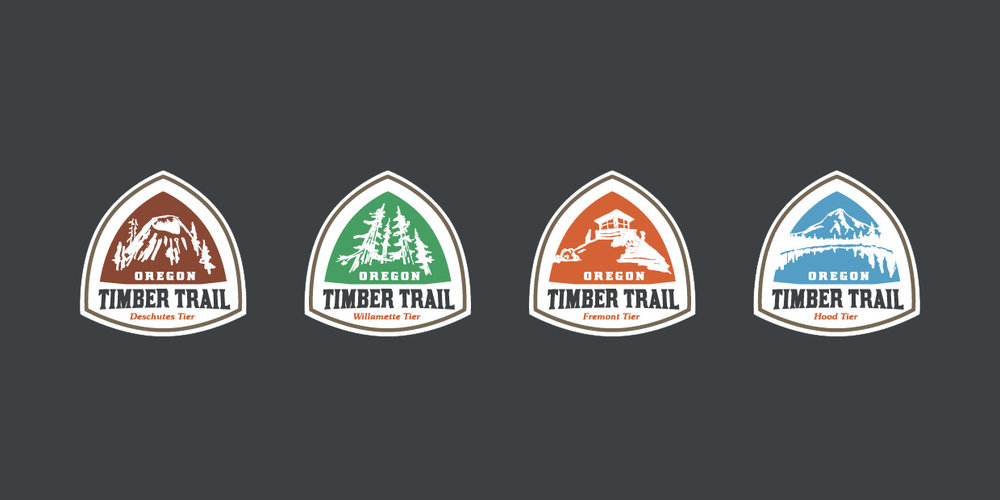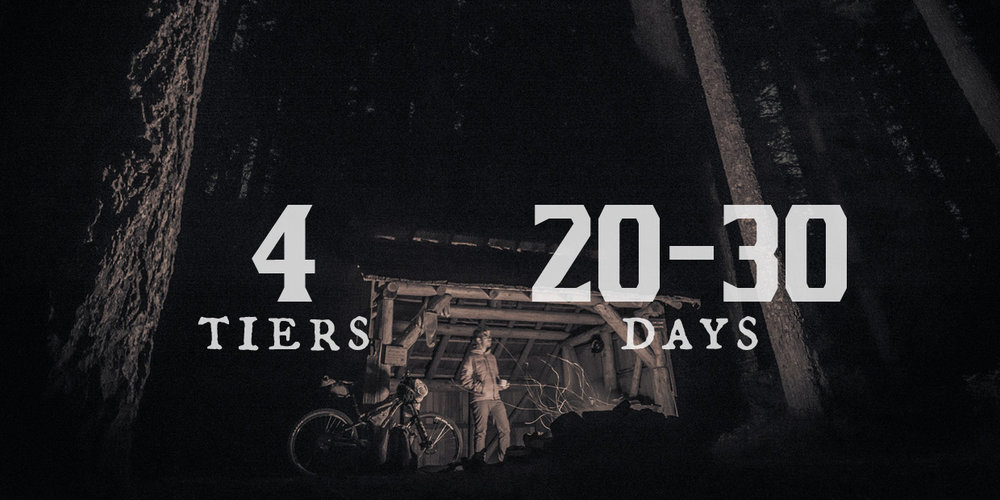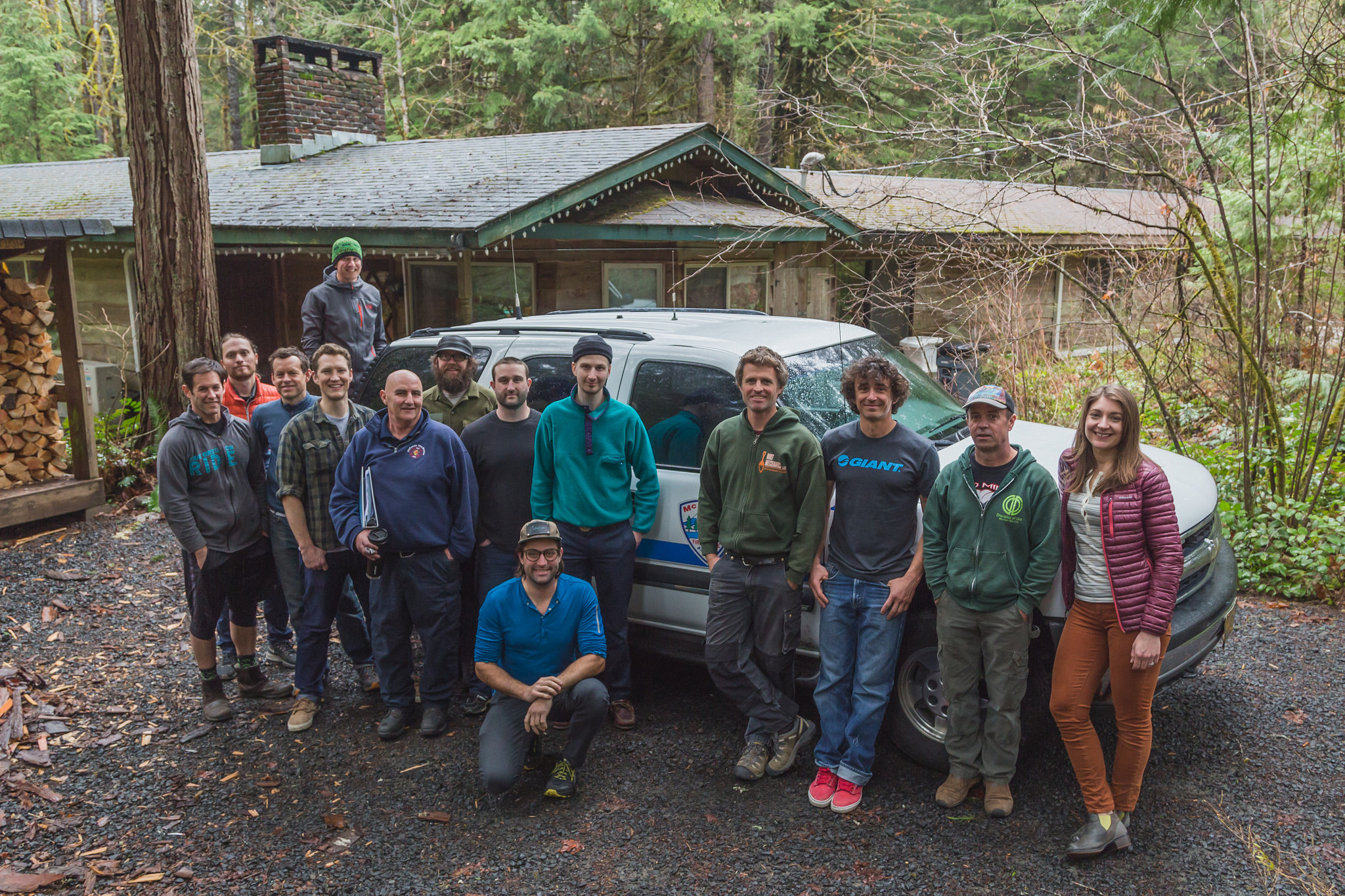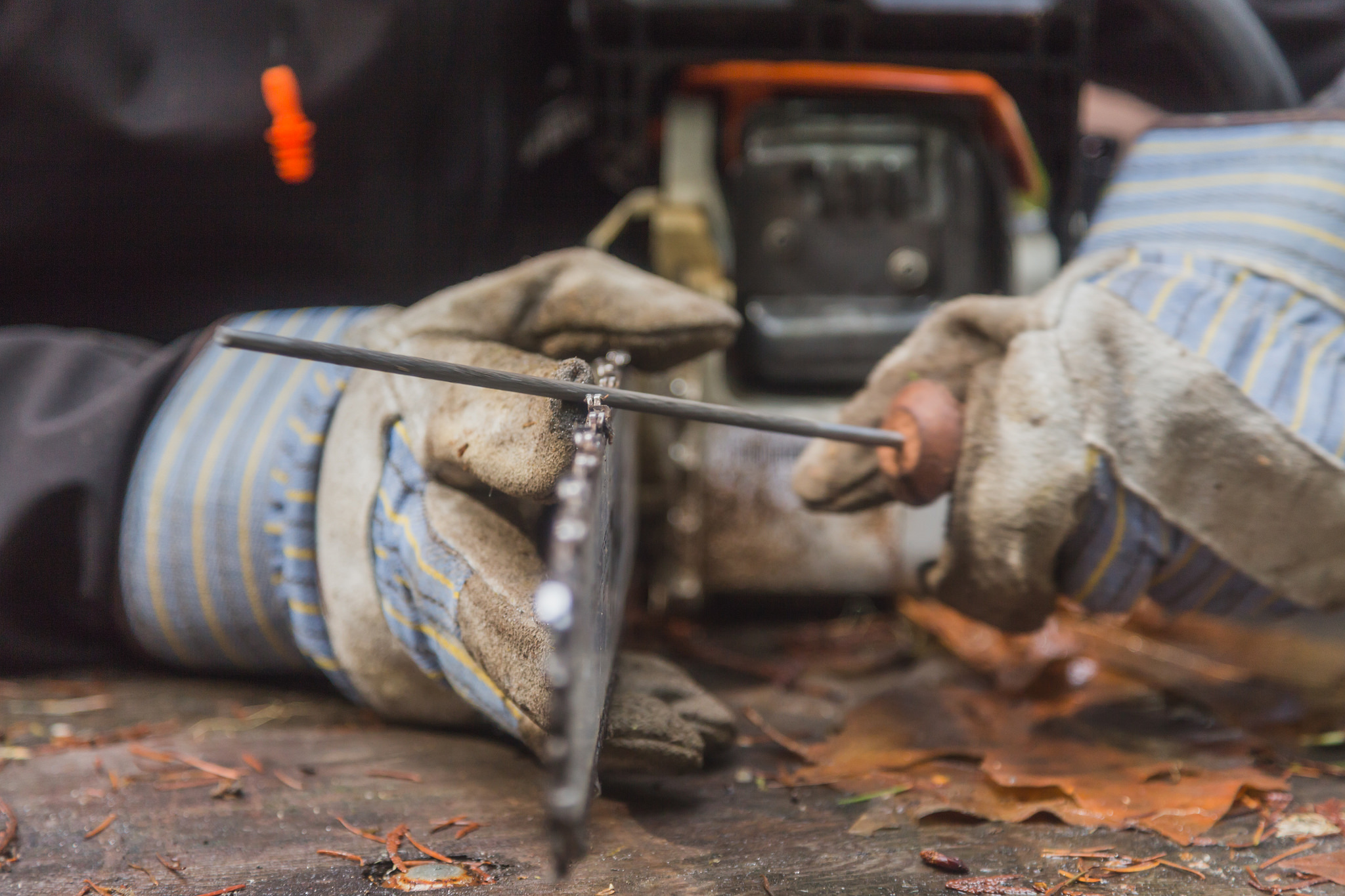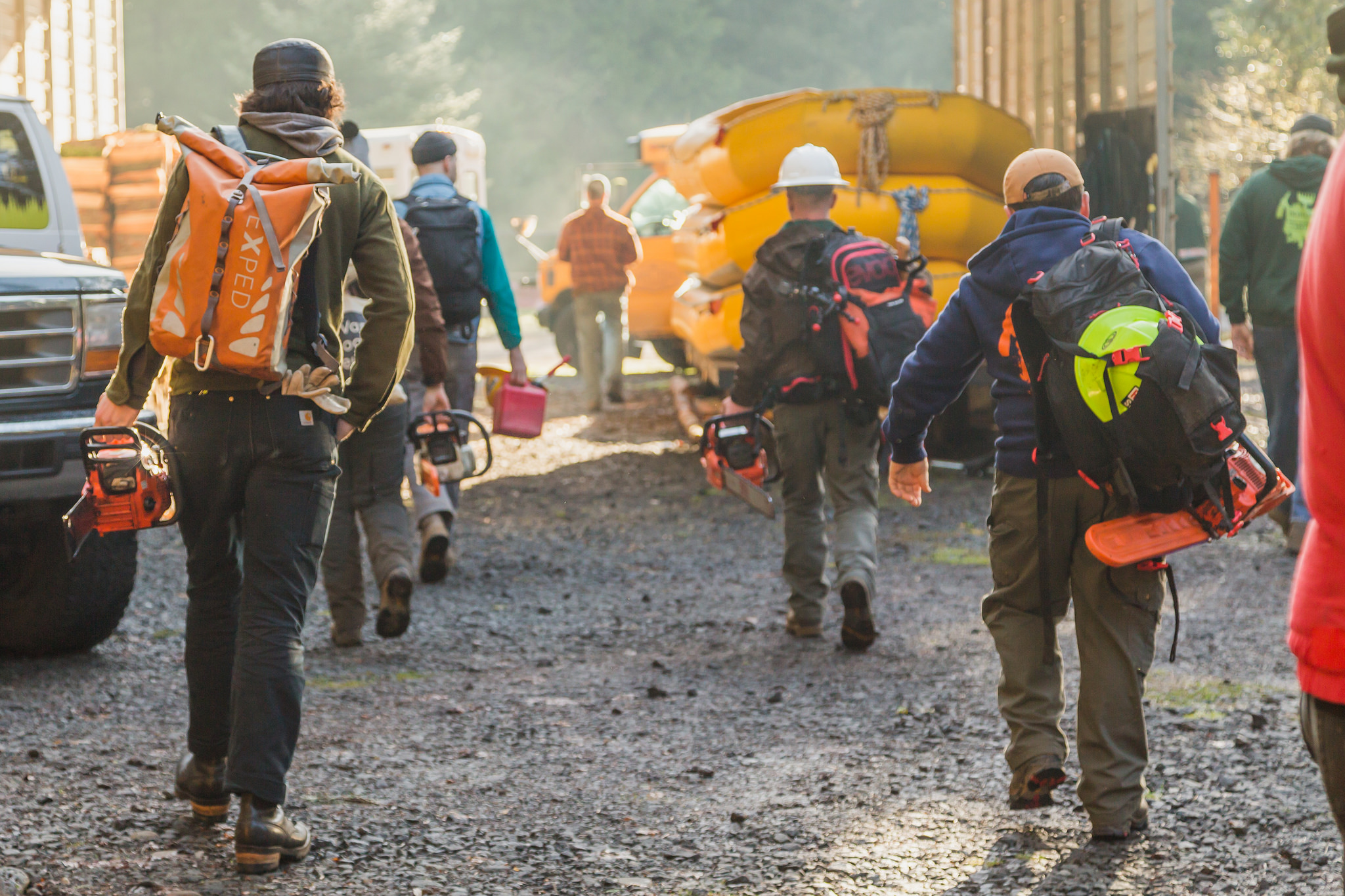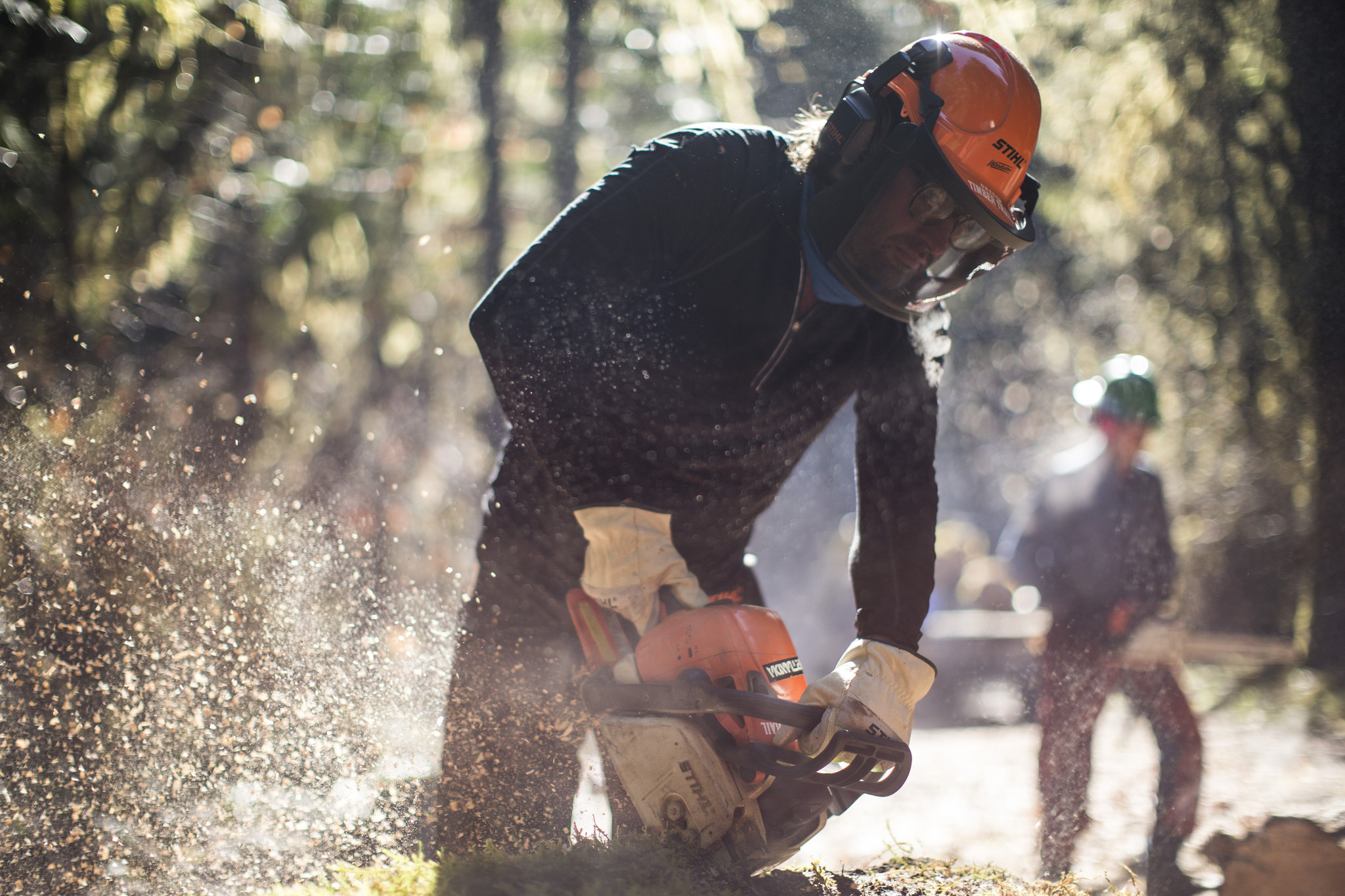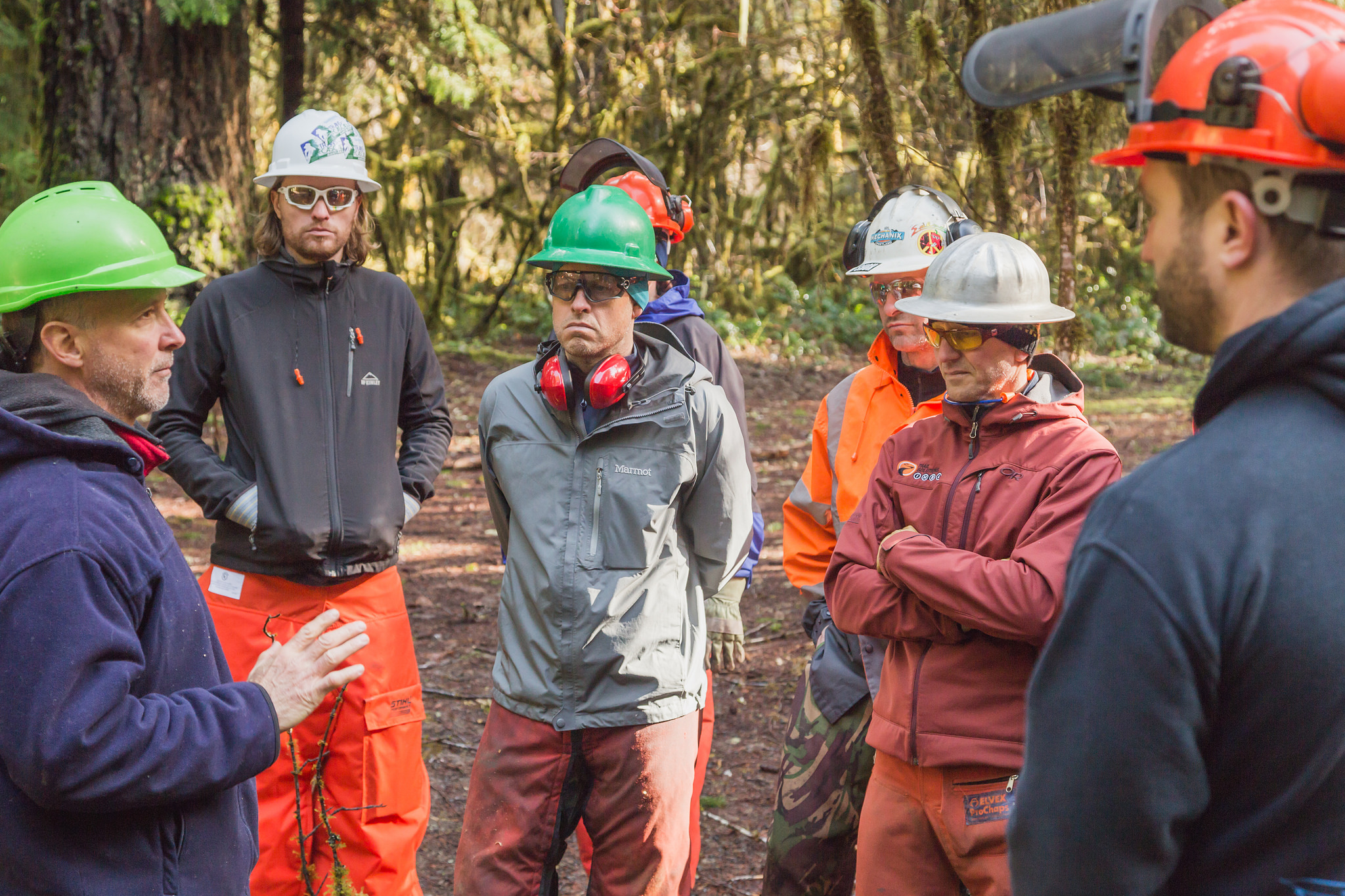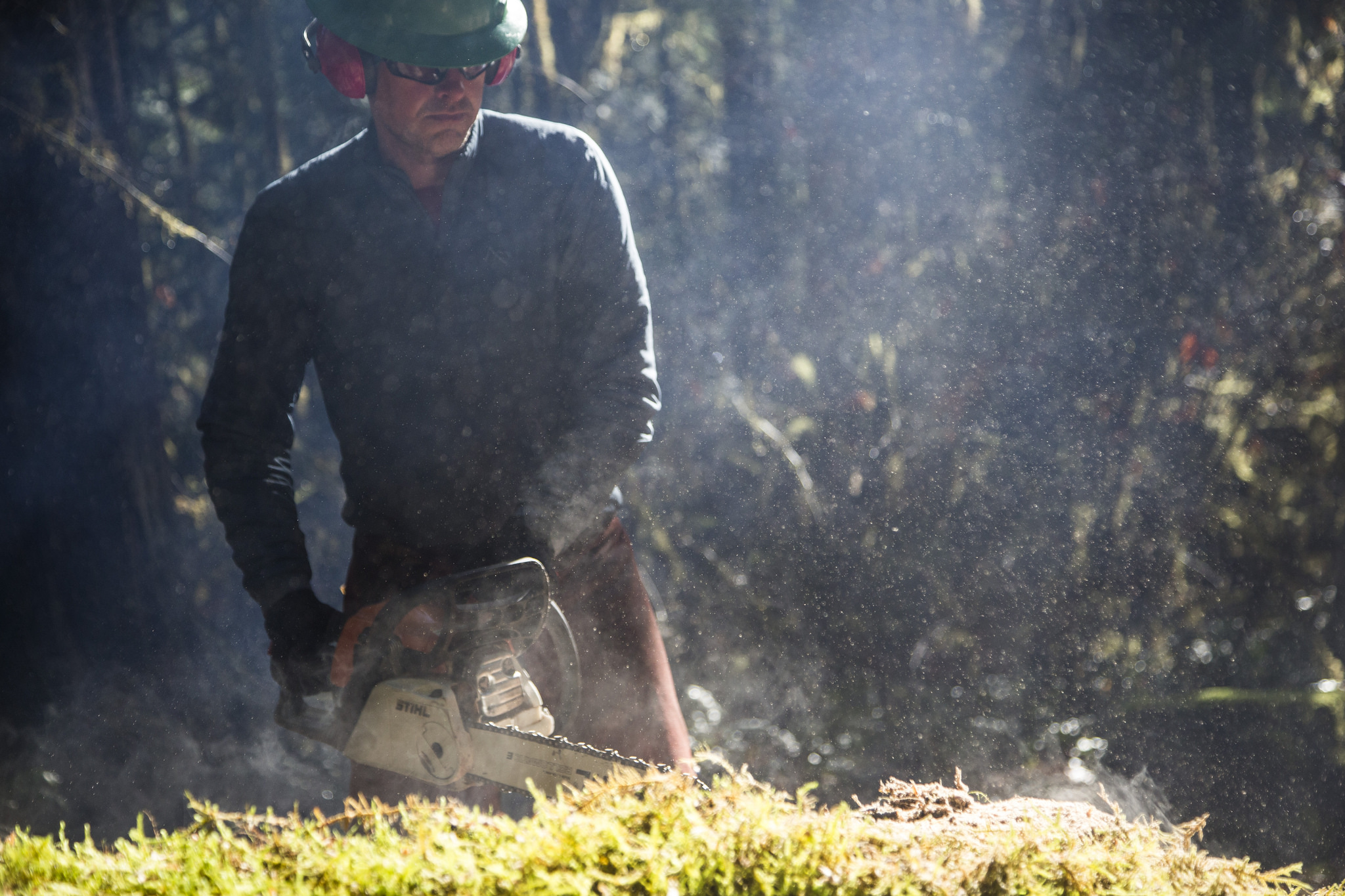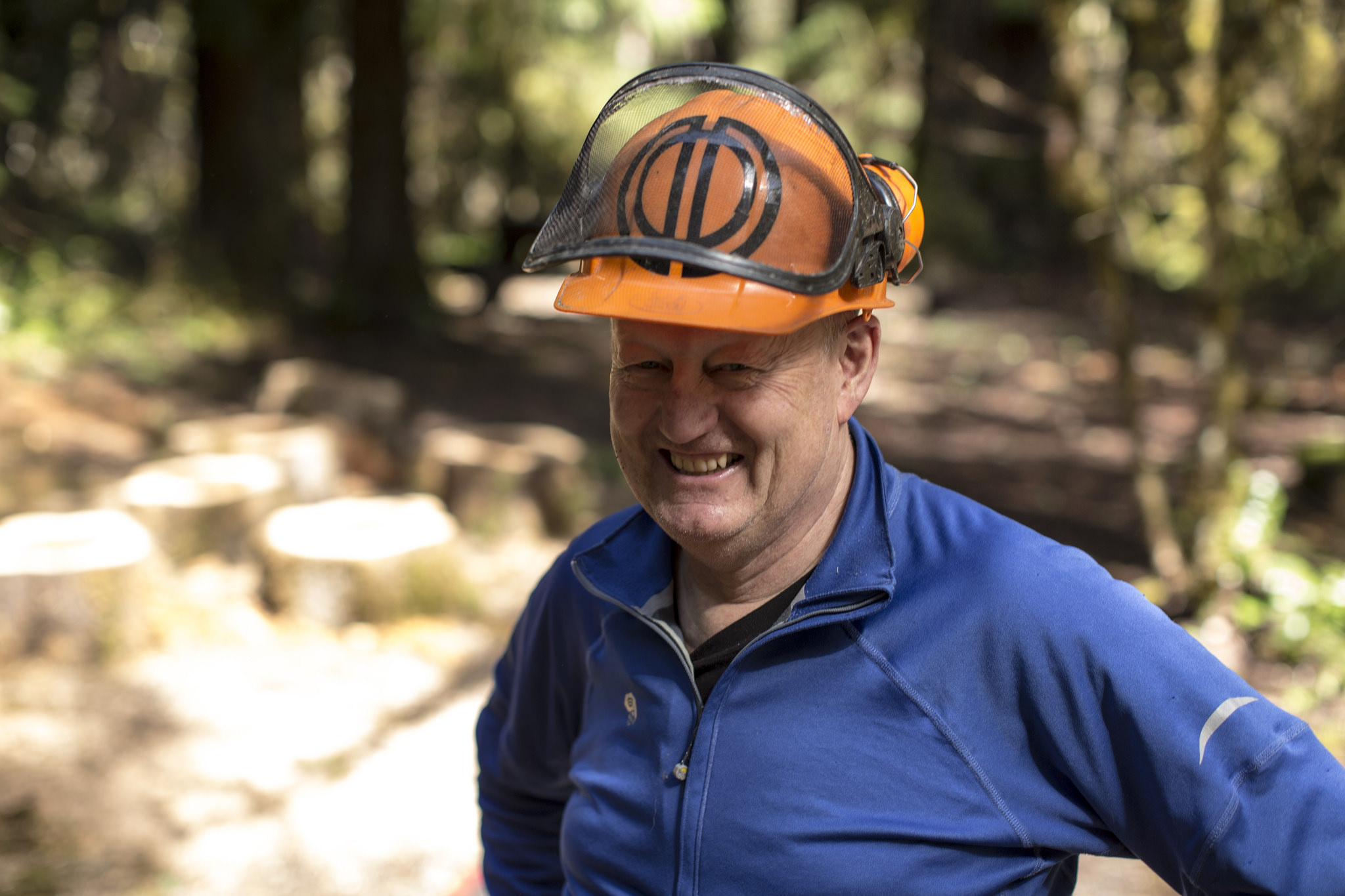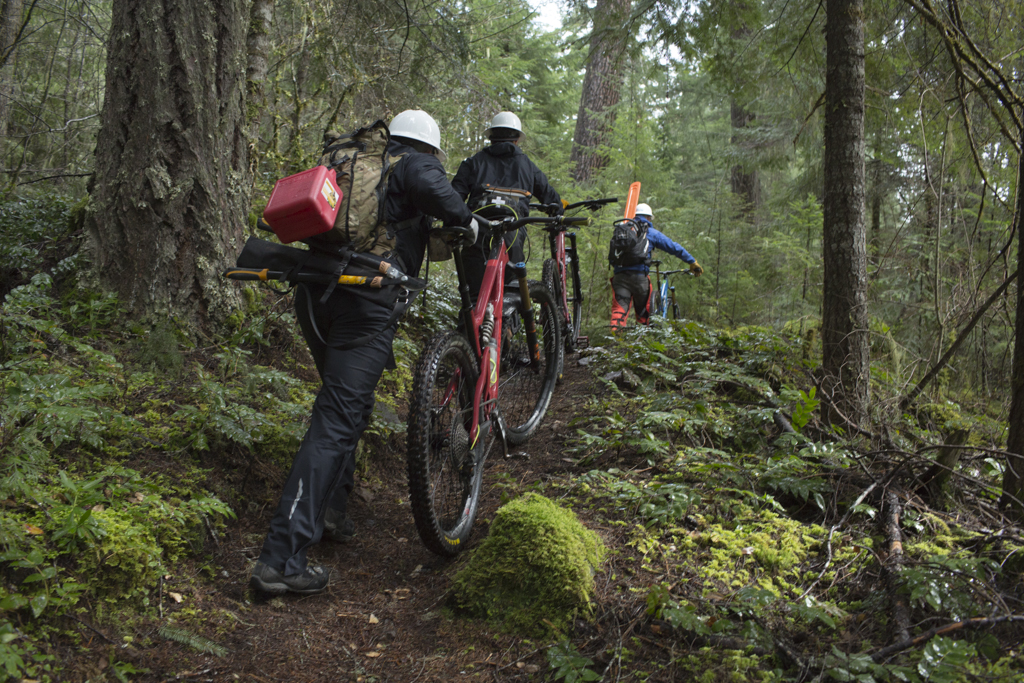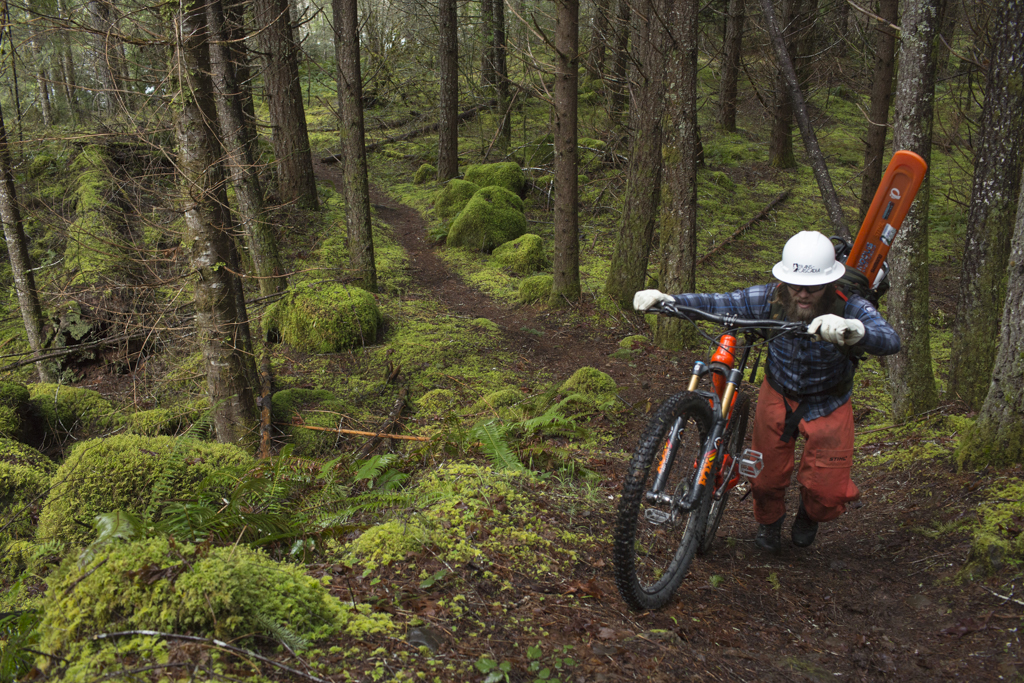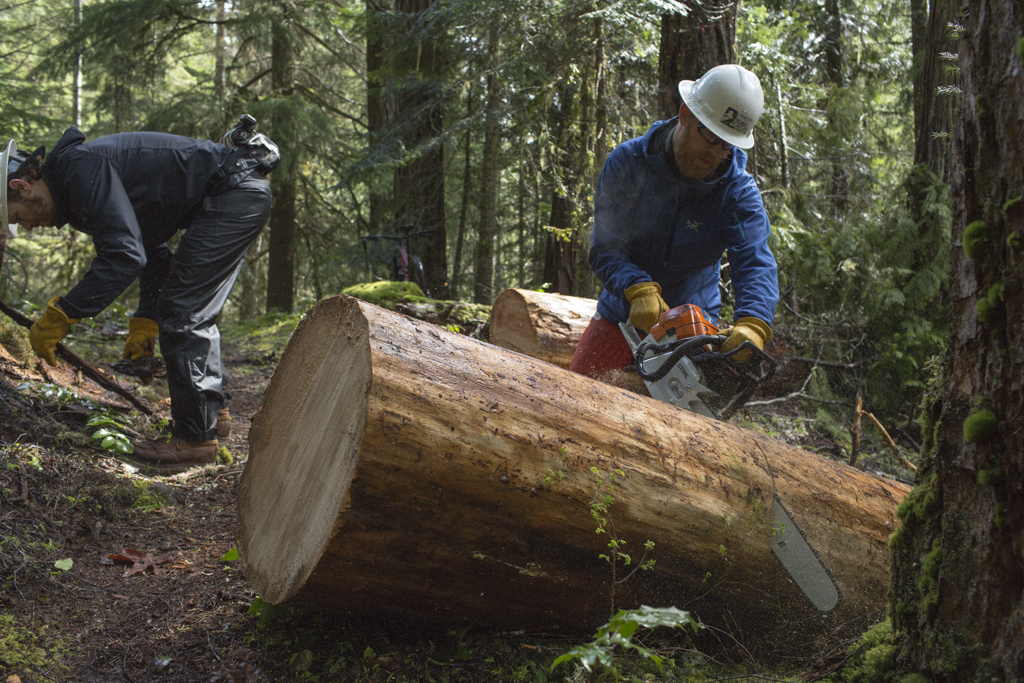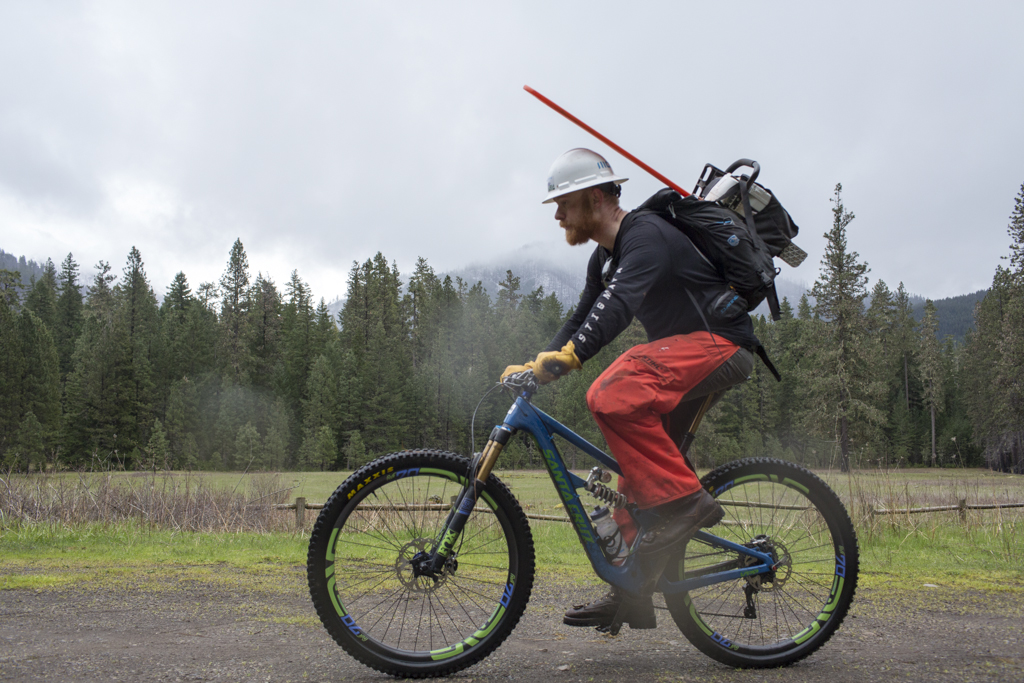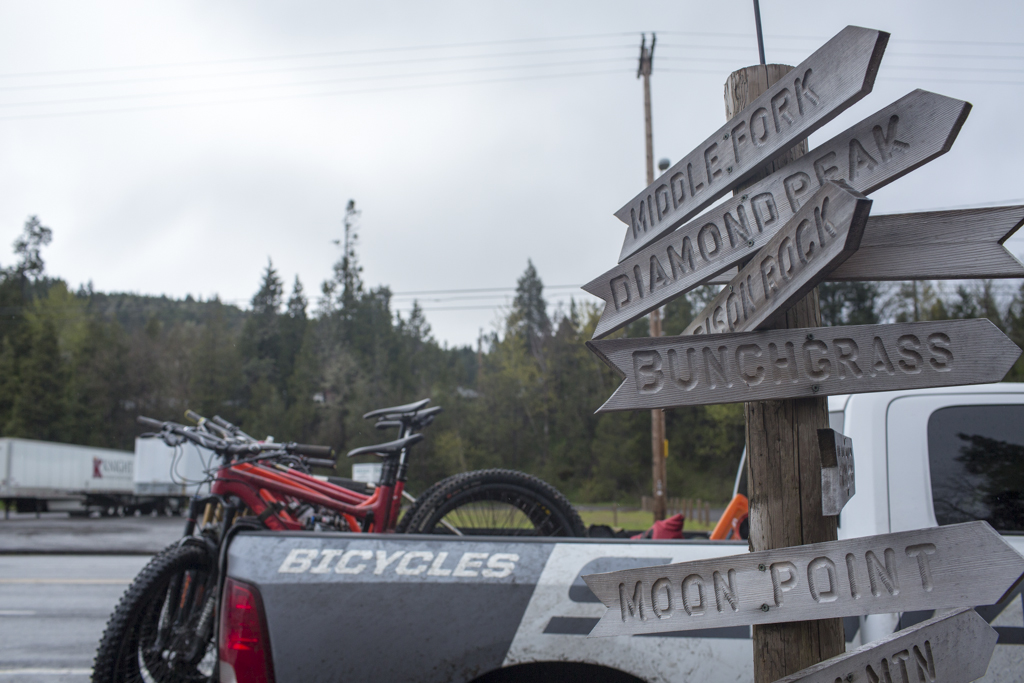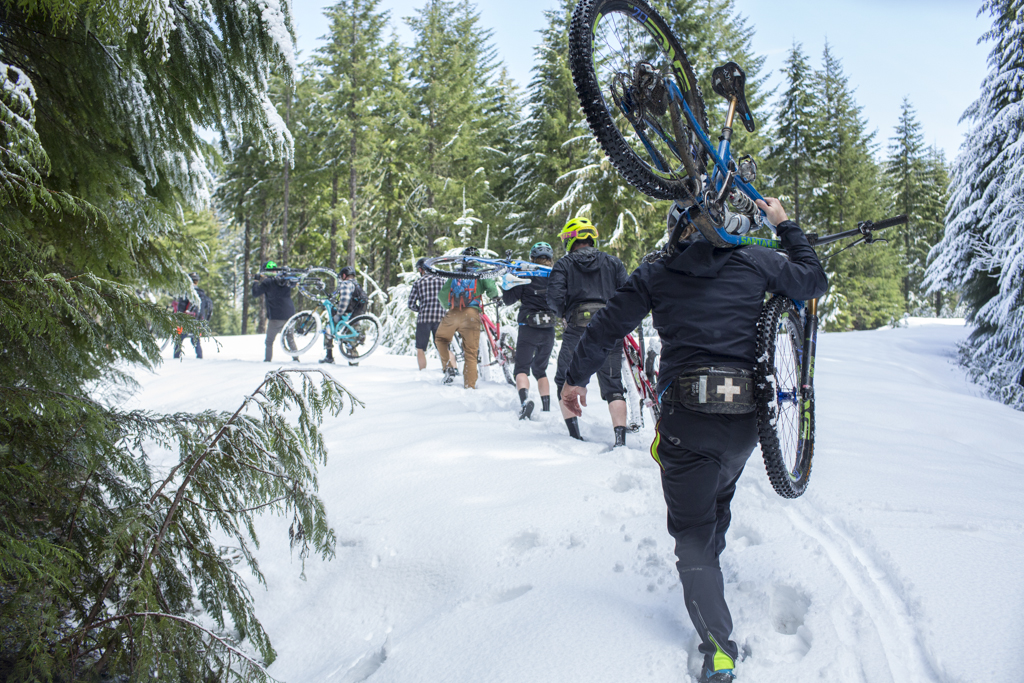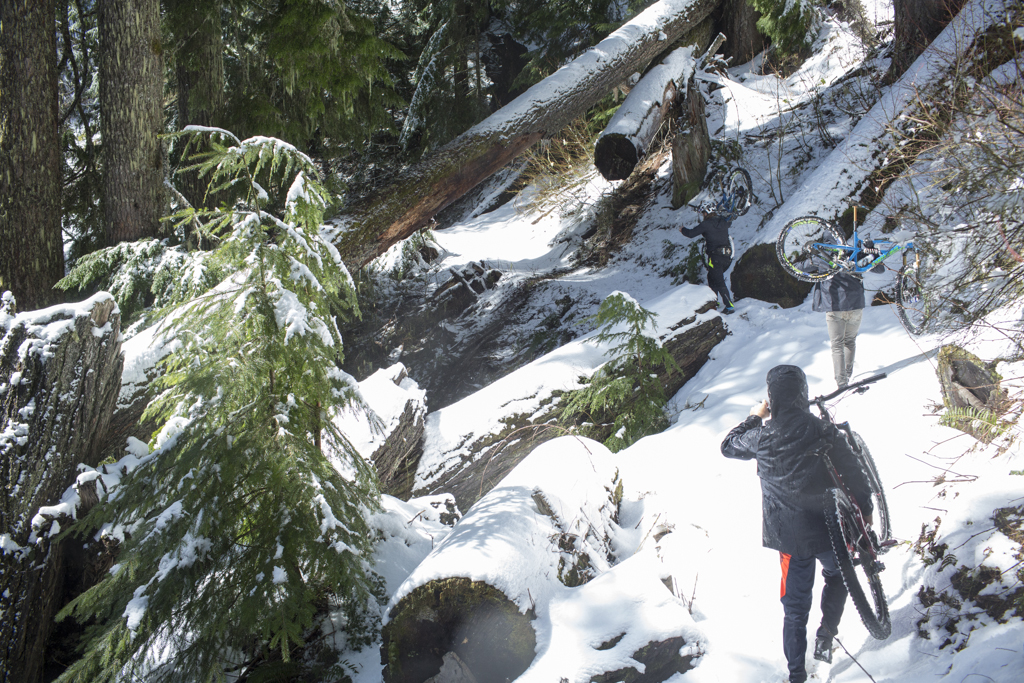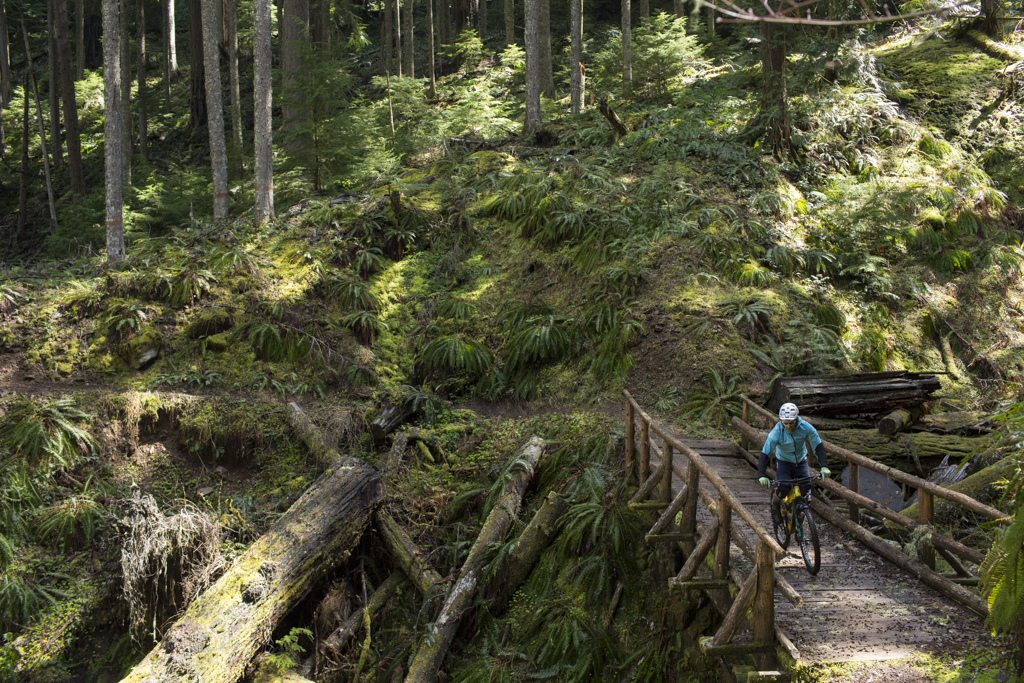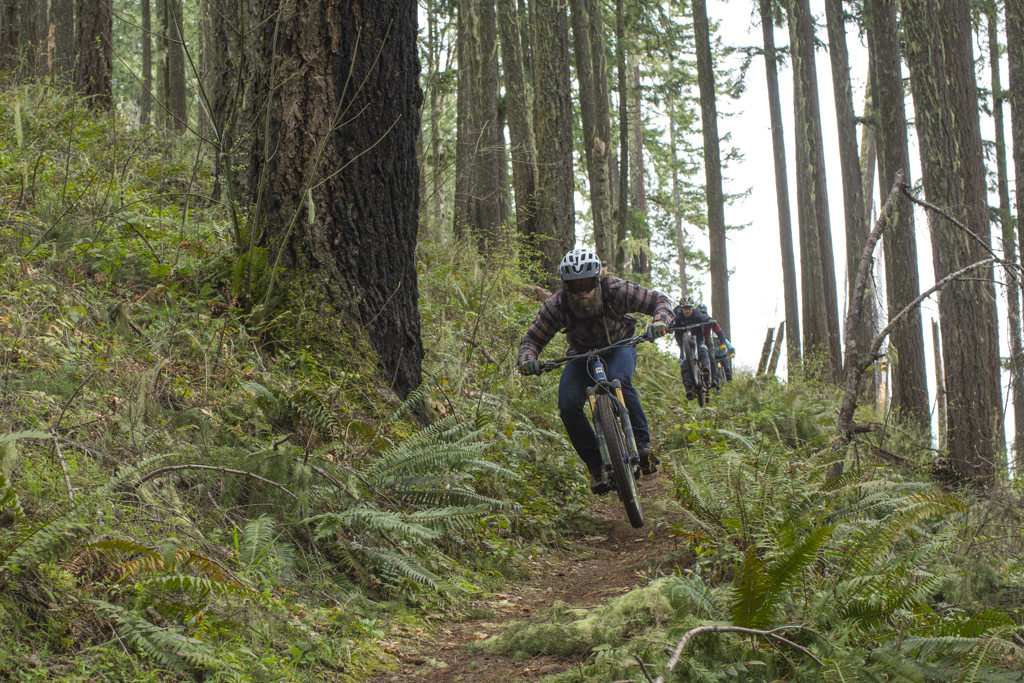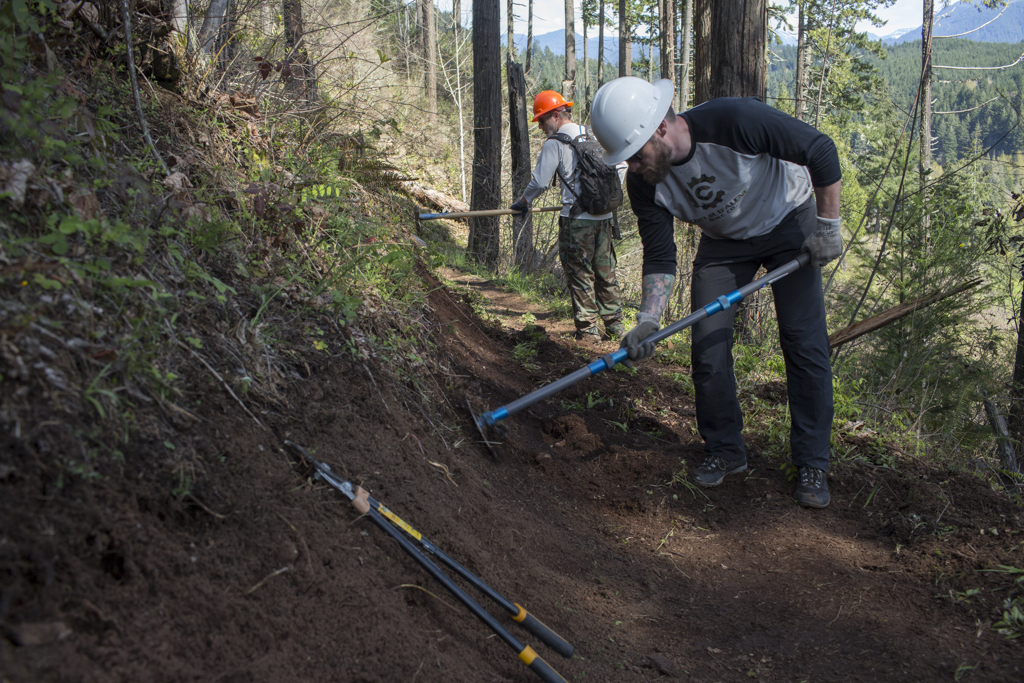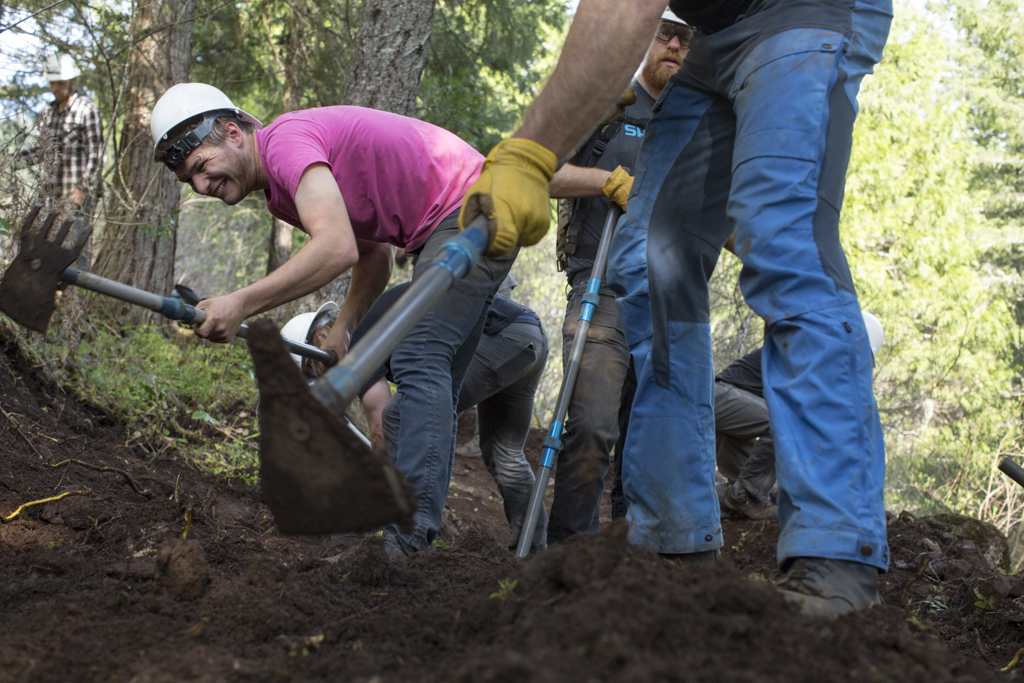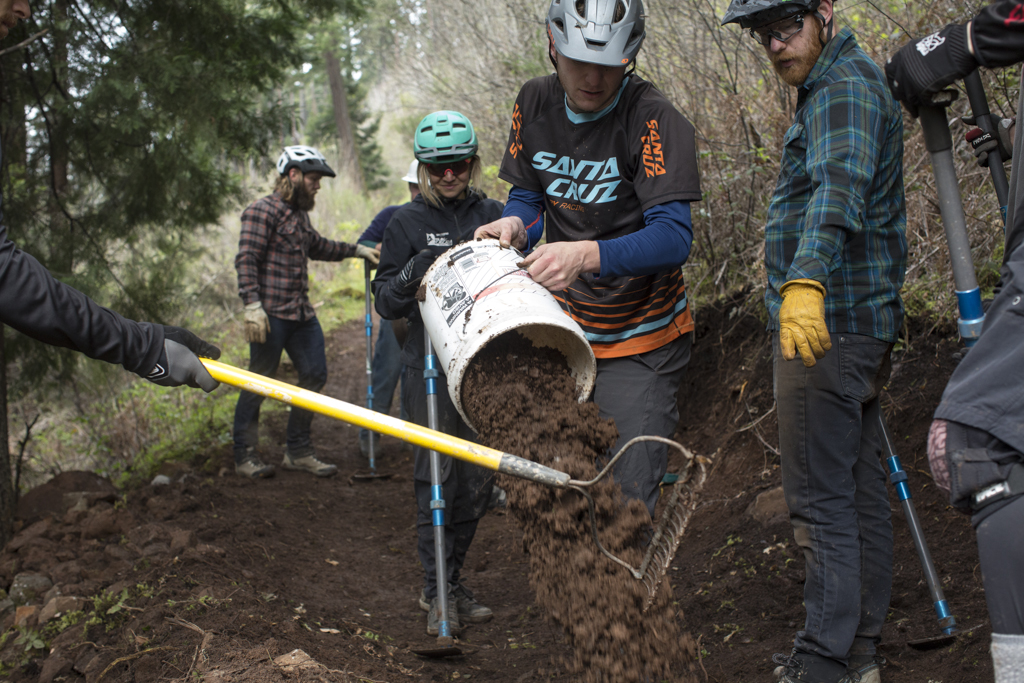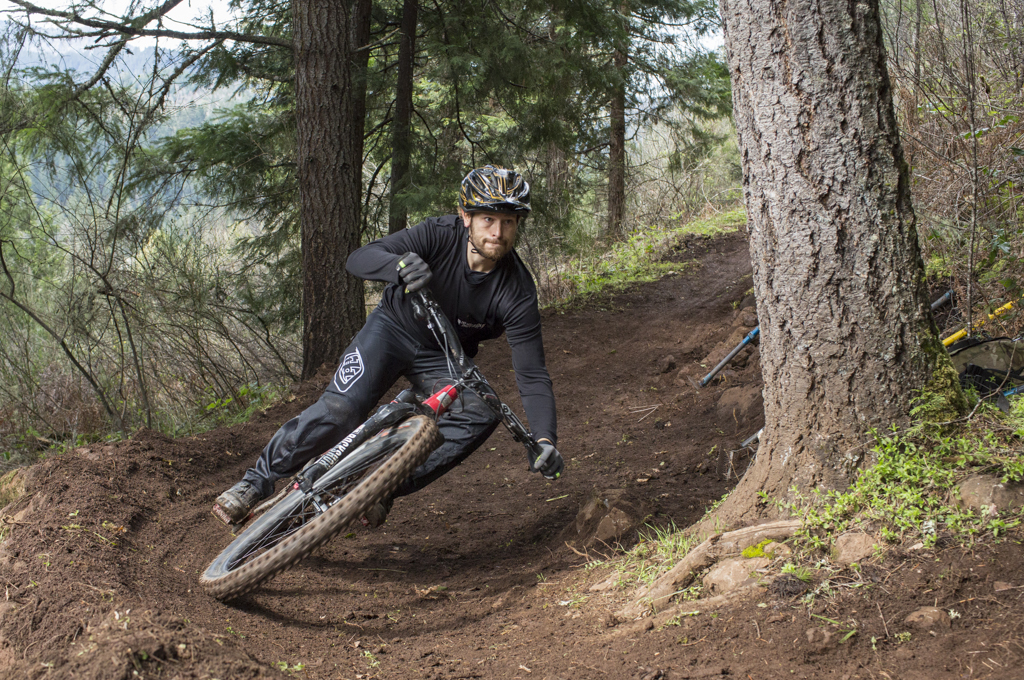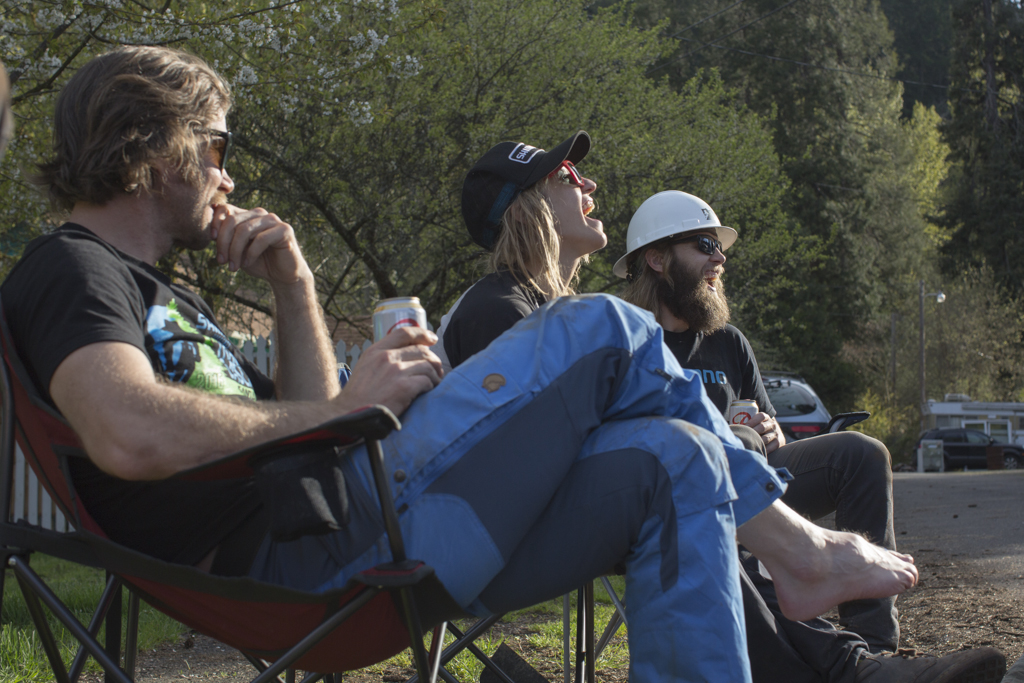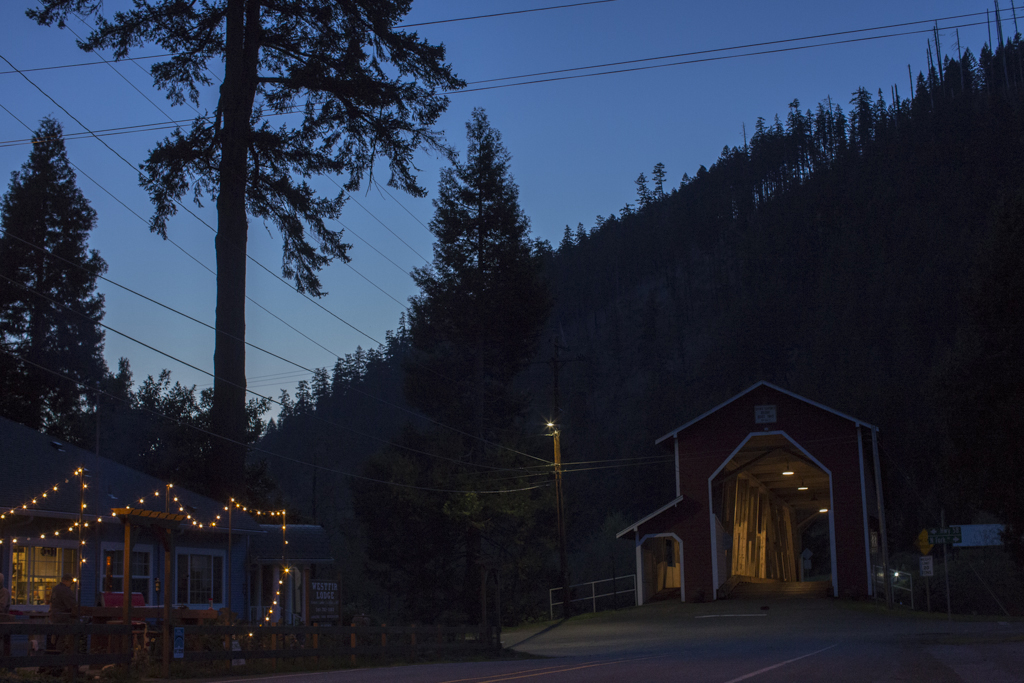Laying the Foundation
Oh man! Time for an update! Don’t worry…we haven’t been snoozing, there is a ton going on. I’d call this part of the year “laying the foundation” for an amazing Spring and Summer. No, we’re not building an actual house, we’re getting ready for coming adventures. One big push this year and exciting new initiative, is the Oregon Timber Trail. We got excited about it as soon as we first heard about it. But we knew there would be a lot of work involved and that things like this require some new skills and some volunteer work. We want to ride it this summer, and we realize it’s been a crazy winter in terms of record snowfall and winter storms, and we know that the Timber Trail is 670 miles long and 55% of that is fairly remote singletrack. (That’s about 375 miles of singletrack) We realize there is a good amount of trail work to be done to get the trail ready for prime time. There of course is no way to know how many people will attempt the trail this year, but if the attendance (and enthusiasm) at the kickoff event at Base Camp Brewing is any indication, it could be wildly popular…or maybe we’ve just been sick of rain, Netflix, and we like a good pint among friends. Ok, maybe a bit of both.
So, Gabe Tiller (Limberlost) who has been a major player in the birth of the Trail mentioned in passing that it would be cool to learn how to run a chainsaw. Sometimes when an idea is ripe, that’s all it takes…the wheels started turning and before you know it a group of 25 found ourselves assembled at Horse Creek Lodge, (really amazing place to stay for any rafting or MTB trips) near McKenzie River for a 3-day weekend dedicated to a day of First Aid followed by two days learning how to safely run a chainsaw and properly clear trail. Now, I’m not a motorhead and frankly chainsaws scare me a bit. They’re just potentially really dangerous…and the class went to great lengths to remind us of that. I wouldn’t say it was all DMV scare tactic, but if the photos of an arborist with a 20-inch bar planted in his clavicle weren’t enough to remind you of the dangers of kick back, nothing would. In all seriousness, though we were lucky to have instructors from the USFS, Kevin Rowell, who is the Trails Program Manager - he's been working with the Forest Service since 2004. Huge thanks to Horse Creek Lodge, Base Camp Brewing, Stumptown Coffee, The USFS, and the new crew of sawyers ready to clear trail!
The following weekend, I took REI’s Wilderness First Aid course. It’s really quite a good value at $235 for REI members and $265 for non-members. Wilderness First Responder is a great next step, but it’s normally costs from $750 to $1000 and the course is 7-10 days long or about 80 hours of training. The course definitely pushed me in terms of developing my communication skills and working with strangers. Throughout the two long days, you must examine and give care in dramatized scenarios. In one situation the person you’re helping is unresponsive, so you have to examine them looking for clues without any feedback from the victim. The biggest thing for me, is that with this knowledge in the future, I’ll be one less person that stands by passive in an emergency situation not knowing what to do. It's definitely a necessary step before heading into the backcountry.
Last weekend Trans-Cascadia invited me out for their first work party of the year in Oakridge. If you're unfamiliar, these guys just finished their second ever event last year and are pioneering backcountry racing and working hard to rehab some hidden gems in Oregon and are doing great things in the trail community. Westfir Lodge made for a very central and comfortable home base (highly recommended if you're looking for a place to stay in the Oakridge area) A good crew of guys from Santa Cruz bikes drove all the way up to take part. Nick, Tommy, and Alex from Trans-Cascadia are all hard chargers and everyone rode and worked hard all weekend. They cleared 10 miles of trail on Middle Fork, 3 miles of Cloverpatch, and did some great work on the lower part of Alpine. As far as I know, none of these are actual Trans-Cascadia routes, but the crew was just doing what trail work that could be done while the more backcountry trails are still under snow. Speaking of still under snow, we got a shuttle up to Windy Pass for an A-T-C ride and let's just say the upper part is still snow covered, but it made for an adventure ride and some hike-a-bike and snow riding skills practice. Luckily the lower 2/3 was clear and the dirt was perfection. It's still a bit early for proper Oakridge shredding, but the lower parts of Middle Fork and Alpine were in great shape. North Fork didn't drain nearly as well, and it was muddy.
This past Wednesday, The Mountain Shop hosted an evening with Portland Mountain Rescue called “How Not to Get Lost” It was brief, but informative. If you run into trouble on Mt. Hood or in the gorge, most likely the Sheriff will call the volunteers at PMR. The big takeaway from the evening was preparation - number one is always leave a detailed itinerary of your trip with someone, bring the right gear, know the weather conditions, and have a good backup plan. They emphasized what will kill you the fastest in the backcountry is exposure to the elements – so bring backup clothing, extra layers, a spare beanie, spare socks, a bivy or space blanket and a means to keep yourself dry – extra outerwear or a trash bag will do the trick. Two more big takeaways were: Navigation – get your map and compass skills honed, and learning and practicing fire starting skills in wet weather. And of course, always throw an extra headlamp in your bag. The bottom line, was being practiced with navigation and having a few extra key items in your bag in case your day hike/bike ride turns into an unplanned overnighter. Of course, extra water (and/or a means to filter) and extra food are always a good idea. Sometimes backtracking to that point where you knew the trail is better than forging ahead into unknown terrain, and when in doubt, stay put and stay calm.
Hopefully these events and courses will help us safely gain confidence as we venture into the backcountry. Courses are a great way to gain knowledge, but remember that there is no substitute for experience and practice. Push your comfort zone a bit, but be honest about your limits and what you’re able to tackle when choosing your adventures.
We’ve been doing lots of training rides to have some kind of fitness for mountain bike season. Here is a short video edit I did recently on one of my favorite routes – Bull Run…with Jeremy (from The Athletic), Joe Reynolds, Oliver Cousins (from MAAP), and Jeff Curtes. I shot this hand-held from the bike with the GoPro Hero 5 Session. Full review of that camera to follow shortly. Also keep an eye out for our Spring Gear Guide. We have lots of great gear to share with you!

